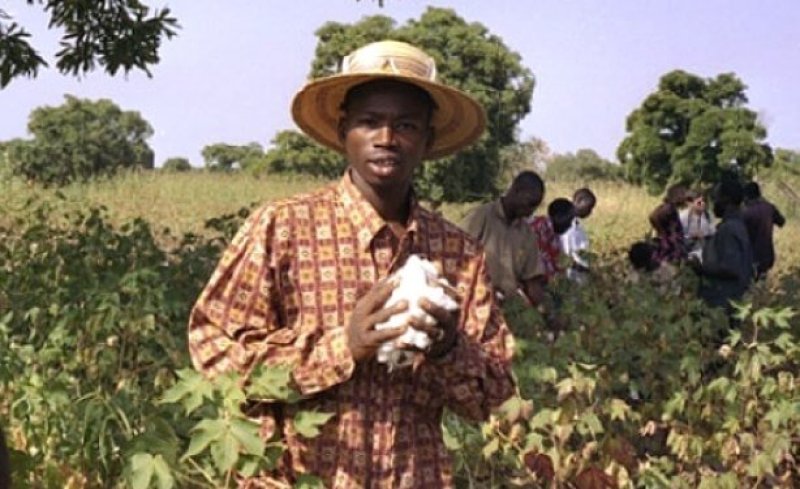[Cotton] is the second most important cash crop in Zimbabwe (after tobacco) in terms of export earnings (earnings of US$30,1 million in 2020) and income generation to farmers.
Cotton is mainly grown by smallholder farmers under rain fed agriculture in the natural Region 4 from November to April. This makes the crop very susceptible to climate change before other factors leading to low production are considered.
On the continent, Burkina Faso is the largest producer of cotton with over 270 000mt produced in 2019. Mali (233 000mt), Ivory Coast (132 000), Sudan (98 000mt) and Egypt (91 000mt) complete the top five. More than 90% of cotton grown in the main cotton producing countries (US, India, and China) is now genetically-modified (GMO).
Currently, small holder farmers in South Africa, Sudan, Botswana, Malawi and Burkina Faso grow genetically modified cotton and it has proved that yields have increased. Since 2006, the Zimbabwean government banned the importation of GMO food and seeds on the basis that it is harmful to the soil and the environment. This position would need to be revised with key input from producers and other stakeholders.































